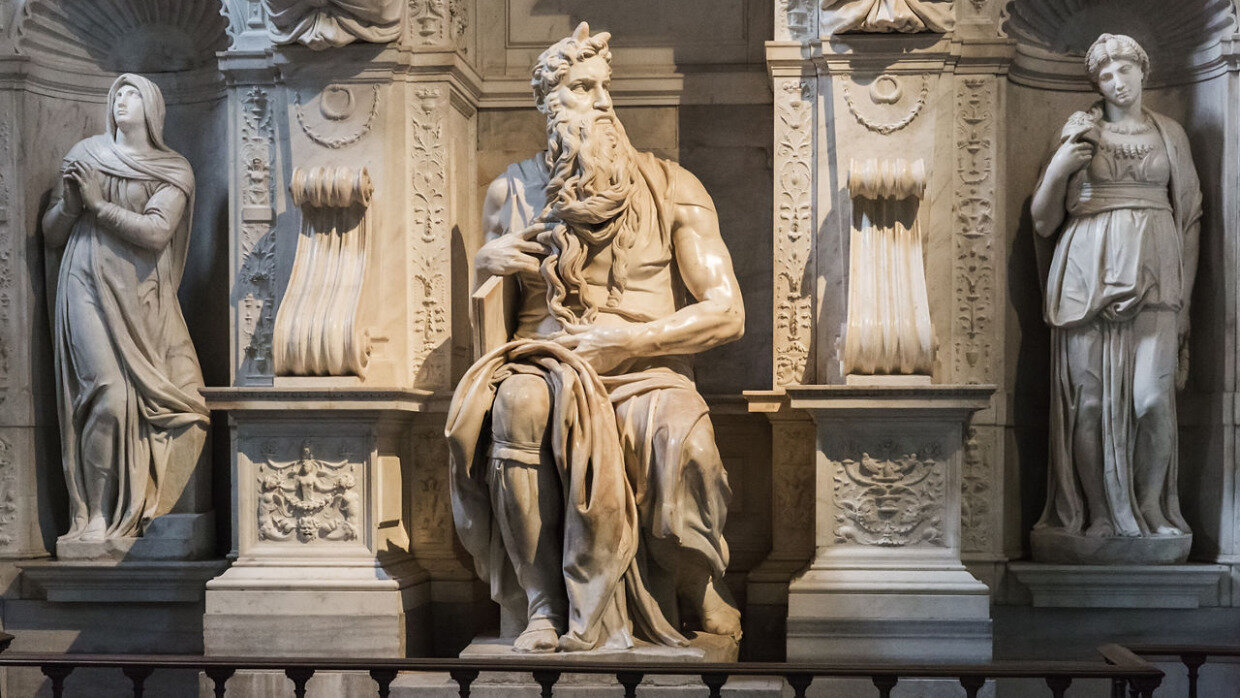 An Open Letter to University Presidents
An Open Letter to University Presidents


6 min read
Are you willing to stand up and say, "I'll make it happen"?
Hollywood did us a big favor. It ensured that everyone knows the name of the most famous leader in Jewish history. Jews and non-Jews the world over recognize that Moses was the man who led the Jewish people out of slavery into freedom.
What the movies don't show, however, are Moses' qualities that made him ly suited to this role. These are characteristics inherent in everyone that, if nurtured and nourished, can help us actualize our personal leadership potential. This power lies dormant in every human being waiting for us to capitalize on it and bring its promise to fruition.
To fully understand the requirements of leadership, as exemplified by Moses, we need to briefly step back in time.
Moses was raised in the palace. He had wealth and power. He had every material comfort imaginable. In Egyptian culture, Moses had it made. So what did he do?
Moses ... went out to his brethren and observed their burdens and he saw an Egyptian man striking a Hebrew man, of his brethren. He turned this way and that and saw there was no man, so he struck down the Egyptian and hid him in the sand.
In these ancient words lie the secret to modern leadership.
There is a moving story in "Chicken Soup for the Soul at Work" about a manager overhearing a new employee, a single mom, explain to her young son why she couldn't buy him a baseball glove. The manager gave her a gift of one the next day and that mother is now a manager herself.
Empathy is a key to strong leadership. Everyone needs to feel listened to, everyone needs to feel understood, everyone needs to feel appreciated. You can't lead people who feel alienated from you, who feel that your concerns are irrelevant to them. You can't lead when you have hundreds of pairs of shoes in your closet and people are dying of hunger. You can only lead when everyone's experiences are (almost) as real to you as your own.
Pragmatism is certainly a crucial component of leadership. But beyond the superficial reading of the text lies a more profound idea: Welcome the opportunity to take responsibility.
In "Ethics of our Fathers" it says: "In the place where there is no man, strive to be a man."
A leader is not necessarily someone who has the all the appropriate talent in place for the job at hand. A leader is someone who sees the job at hand and does something about it, who recognizes that the task is crucial and no one else is doing it.
Seth Godin writes in Fast Company that what holds up some companies' ability to change is "the absence of someone who is willing to stand up, look everyone in the eye, and say 'I'll make it happen.'"
He doesn't say a genius is missing, he doesn't say an MBA from Wharton is missing, he doesn't say that someone with a particular managerial talent is missing. What's missing is someone willing to take responsibility.
The defining character trait of a leader is someone who is willing to take responsibility, someone who is willing to step up to the plate because the job needs to be done.
Moses was that person. He wasn't perfect, he wasn't experienced, he stuttered when he spoke. But when he saw his people were in trouble, when he saw a job that needed to be done, he acted. He took responsibility, even at risk to his own life. Therefore the Almighty chose him to lead. You don't have be super charismatic; you just have to own the problem, take responsibility and get the job done.

Terrific!
Very nice article on leadership. Am inspired.
Emuna glad to see your by-line. Come back more often, I miss you.
Great and I've learned a lot. Thanks for this 🙂